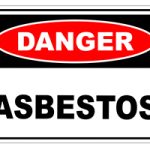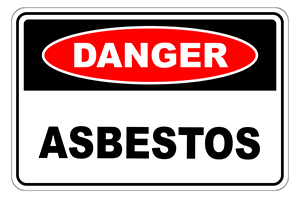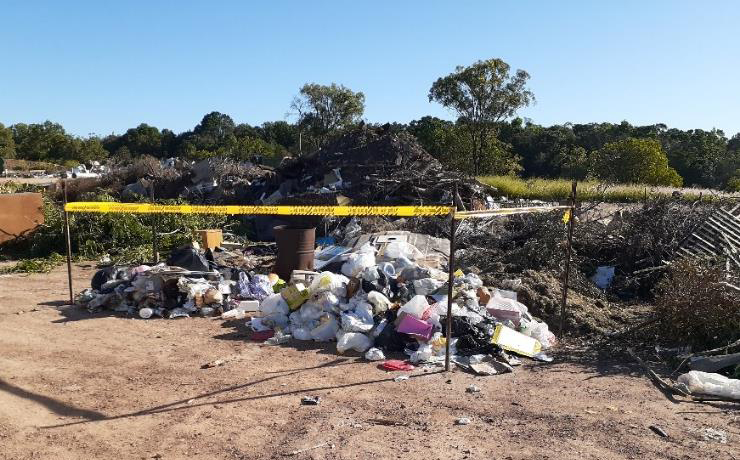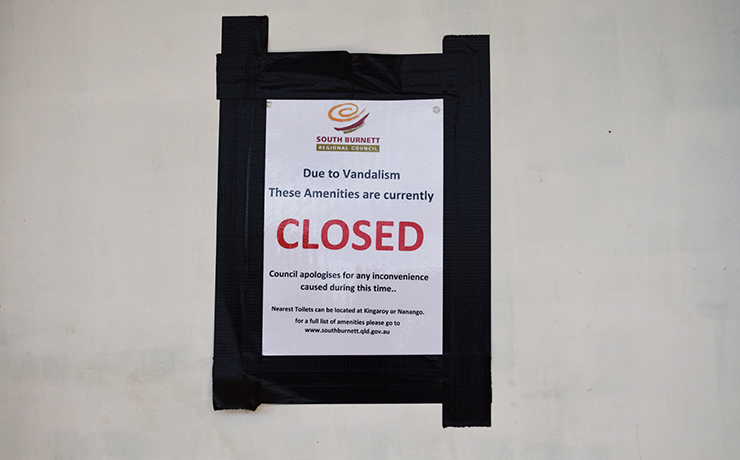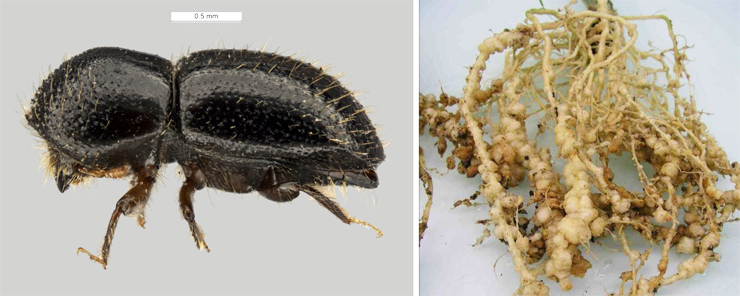
November 1, 2022
The importation into Queensland of untreated wood from parts of Western Australia has been temporarily banned due to the presence of a destructive pest beetle.
The Department of Agriculture and Fisheries issued two pest alerts to growers on Tuesday.
The first is a movement control notice linked to Euwallacea fornicatus (polyphagous shot-hole borer).
This pest beetle has been detected recently in 21 Council areas in Western Australia.
As a result, bans have been applied on the movement of wood, living plants and wood machinery into Queensland from quarantined areas in WA.
DAF regards the beetles as a high-risk quarantine pest which has a high potential for establishment and spread in Queensland.
They have a demonstrated ability to cause serious economic and ecological damage. Eradicating them from the State would be costly and challenging.
Wood, living plants and wood machinery are considered to be carriers.
This includes wood that is not treated, dried or seasoned; green waste materials of plants with woody stems that are greater than 2.0cm in diameter, including cut branches, prunings, floral arrangements, bark, firewood, plant mulch or wood chips greater than 2.0cm in diameter.
Plant material means all of the woody parts of the plant, excluding fruits, leaves or flowers.
Wood machinery means any vehicle, equipment or other mechanical apparatus of any kind that has been used in relation to arboriculture, wood mulching, wood chipping or handling of any other wood.
The Movement Control Order began on November 1 and will stay in effect for three months, unless revoked earlier.
- More information is available online
* * *
The second pest alert relates to a root-knot nematode, Meloidogyne enterolobii (guava root-knot nematode), which has been detected in the Northern Territory.
It has not previously been recorded in Australia.
DAF considers the nematode to be a significant threat to horticultural industries.
Sweet potatoes are particularly at risk but it can also affect chilli, coffee, cotton, ginger, guava, onions, ornamental plants, papaya, soybean and common beans, tobacco, vegetables and watermelon.
In severe attacks, it causes extremely large and numerous galls on the roots of infected plants and can render below-ground produce such as rhizomes and tubers unmarketable.
Above-ground symptoms include stunted growth, wilting and leaf yellowing, similar to water and nutrient stress.
DAF has urged growers to be vigilant and report any suspected detections immediately to Biosecurity Queensland on 13-25-23 or contact the Exotic Plant Pest Hotline on 1800-084-881.










